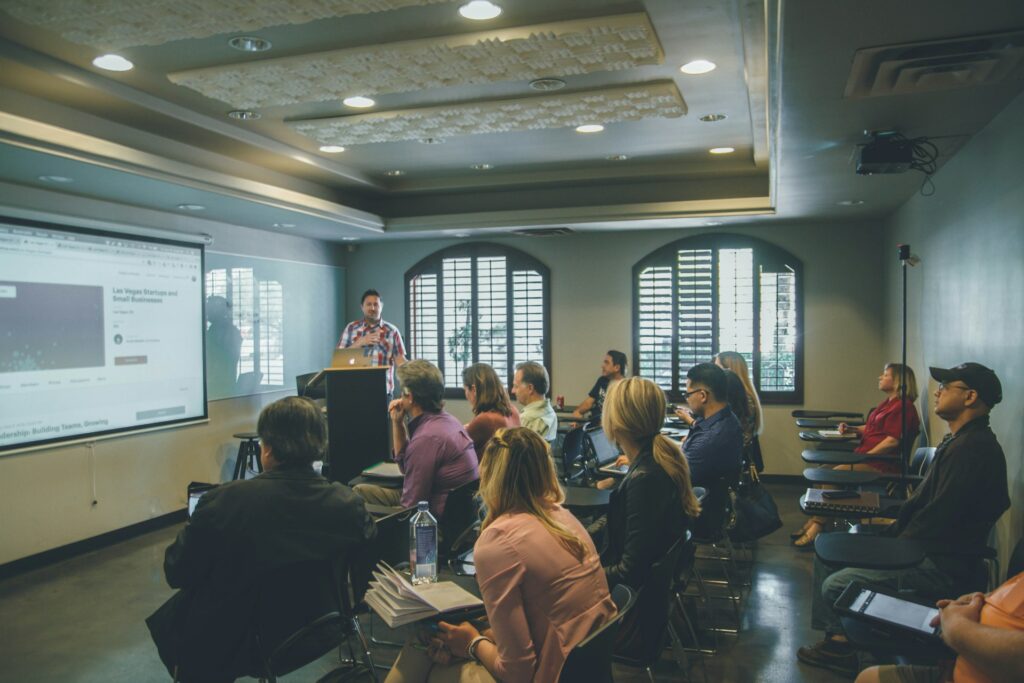It is no secret that one of the most important sections of your resume is your employment history. The employment section on your resume acts as a spotlight, which showcases your professional journey and highlights your qualifications and experience to potential employers. However, many students fail to make use of this section to really demonstrate their strengths and experiences, and instead are too general about what they have achieved in each role. In this article, we delve into how you should present your experiences and why you should focus on impact in your resume.
Impact through achievements
First, you need to move away from listing out your experiences based on responsibilities, and instead begin focusing on impact. Ask yourself, “What did I achieve in this position?” and “How did my work contribute to the success of the team or company?” These primary questions will allow you to begin steering your experience section from simply listing out your daily tasks and responsibilities in the role, to actually focusing on the initiatives and the details of the projects that you were involved in which made a positive impact to the firm or to the role.
If you think about what the employer really cares about, the impact is more important. Often the daily responsibilities of the role are evident through the job title. For instance, a “paralegal” role would usually mean a role where you complete ad-hoc legal tasks such as legal research, due diligence and compiling or printing materials, while a “sales assistant” will deal with client enquiries and products that the company is selling. While there are instances where listing some of your day-to-day responsibilities may be useful (for instance where the job title is broad or uncommon), most of your points in your experience section of the resume should be focused on how and what you did to make the company better or more profitable.

Expand on your impact
Now that you are focused on demonstrating impact in your role, what are the best ways to do so in your resume? There are two main ways to expand on your impact.
Quantify your results
Whenever possible, quantify your achievements with specific data and metrics.
Perhaps you changed the process or introduced a new system that resulted in a 10% boost in efficiency or profitability for the firm or were able to increase sales by a staggering 20%, or streamline a vital process which saved the company valuable a few hours and up to $10,000 for each process or project. By using tangible numbers and quantifiable results, you add significant credibility to your achievements and demonstrate the real-world impact of your work. This approach speaks volumes to potential employers, showcasing your ability to deliver quantifiable results and contribute meaningfully to the success of any organisation.
Qualifying your achievements
Where you do not have any quantitative figures or metrics, do not underestimate the power of using qualitative achievements on your resume. While quantifiable results are impressive, achievements that showcase your soft skills are equally valuable. Perhaps you lead a small successful team project, which fostered better collaboration and communication or implement a new process that improved workflow, which demonstrating problem-solving and adaptability. Highlighting these achievements goes beyond numbers, revealing your potential to contribute meaningfully and thrive in a dynamic work environment.
Note that there is no preferred approach when it comes to expanding on your impact. In fact, a resume or employment experience that delves into both quantifiable and quantitative results would present a clearly and more compelling picture to your recruiter.

